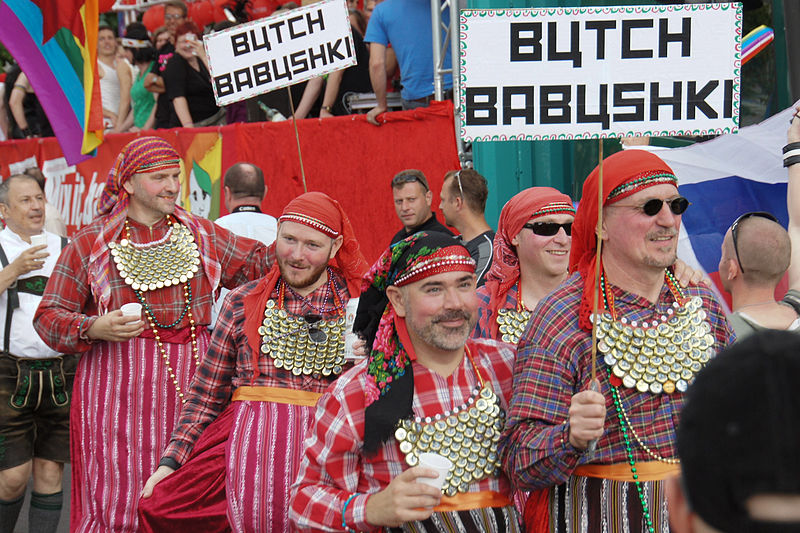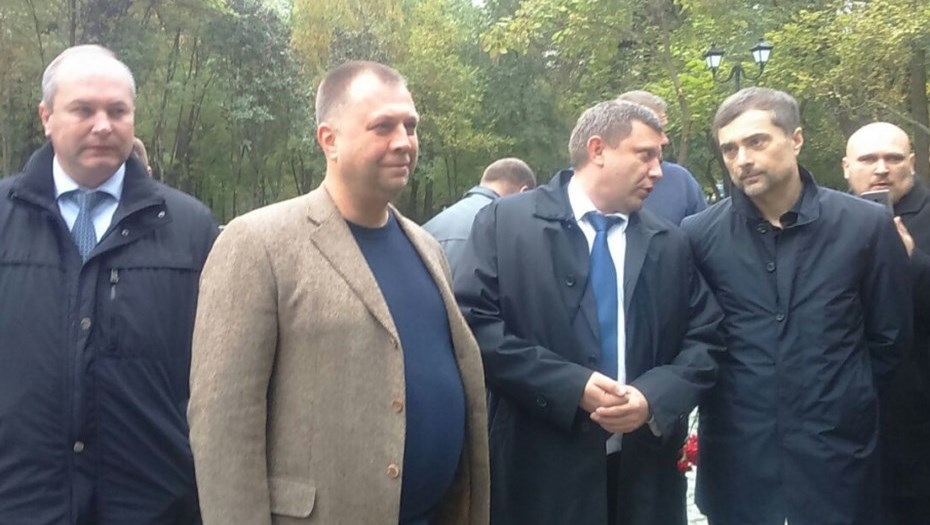
Dagestan and other events since the war indicate the futility of attaching cause and effect and predicting unrest. It is equally futile to extrapolate future scenarios from them.
Proximal causes might well be connected to media coverage of events in Gaza, local anti-Semitic entrepreneurs, and the conspiracy peddling that Jews from Israel were to be accommodated in Dagestan. But then we would have to account for differences between forms of “vernacular” and elite discourses of antisemitism within Russia and Dagestan (one of the most ethnically diverse places on the planet). This is hard to do, because social media research offers only a pale reflection of this reality. Then there is another factor: consumption of global media (including that sponsored by Ukraine and emirate states) which research usually fails to account for.
What’s missing is the deeper current of sociological examination. After all, if “Dagestanis” (an analytically meaningless definition) suddenly became virulent progromists against Jews, how have numerous communities of European and Caucasus Jews not attracted their ire until now? Russia across the board has deep currents of anti-Semitic conspiracy theories, racial and political antisemitism going back to before the Soviet Union. But these are only weakly relevant here. (By the way, there are probably fewer than 500 Jews in the city of Makhachkala).
Yuri Levada, the ‘godfather’ of hegemonic social thinking on Russia noted in the late 1990s that organised and clearly addressed public protest was the exception not the rule. Whenever discontent (at social conditions) actually rose to the surface it was immediately revealed to lack any appropriate social or political language capable of expressing the meaning of such discontent. At the same time there was an absence of appropriate structures that might reroute such language into forms legible to the powers that be. This gave rise to the predominance of protest based on emotion and which then degenerates into primordialist and conspirological hijacking. – “We are poor and it’s the Jews at fault – after all they control the World Government”. (in fact World Government conspiracies is much more likely to be a hobby of the middle or upper classes)
Now the problem with Levada was that he was working with a functionalist set of ideas about social psychology. In the version applied to events like those in Dagestan this is often reducible to clichés about the danger of the crowd and maladaptive personality. Observers cannot imagine, indeed, they completely discount coherent protest action. There is only the mob. But this is not really how pogroms actually happen – historically they required coordination with authorities and were based on long-standing processes of othering and blame-shifting, which do not seem to be the case here. ‘Mindless’ or ‘duped’ crowd theory was passé generations ago in sociology. But for the inheritors of Levada’s tradition (social psychology neo-functionalists) – something beyond reactive or maladaptive ‘politics’ is hardly imagined. In my view the main problem with social science analysis of Russia in general is the legacy of Levadesque social psychology of the Soviet and post-Soviet individual (although he is but one of a number of influential authors who take a reductive perspective, but of them in another post).
The ’distal’ or indirect cause of protests like those in Dagestan is of course much more complex and we should be spending more time attending to the toxic cocktail of coercive military mobilization and failing social and economic life, and ‘colonial’ forms of governance. There are many excellent scholars and observers working on the N. Caucasus who show how Moscow’s attempt to exert control has led to governance failure after governance failure. Indeed, the defining book on the North Caucasus argued twenty years ago that you can’t understand larger flows of historical trends and social configurations without attending to micro-scale empirical situation. But while religion, unemployment, poverty, ethnic strife, climate change and territorial/land conflicts are a unique toxic burden on the life Caucasian, the rest of Russia is not so different in terms of the fundamental pressures of hopelessness and resulting impotent rage that require but a little prod (Ilya Ponomarev of course was just one of the Telegram tricksters inciting people) to provoke widespread unrest. Mark Fisher’s idea of the effects of a ‘slow cancellation of the future’ is featured extensively in my unpublishable book. (Running joke about my publishing problems).
***
Planning this blogpost I actually wanted to write about the ‘failure’ of military mobilization and its unpredictable social effects in Russia. I don’t have the space now to really pursue this, but I wanted to explore the falsity of the numbers that all ‘experts’ use when they try to understand mobilization/volunteers for the Russian army, etc. This recalls work like that of Martha Lampland on how ‘false’ numbers become embedded in formalized practices of expertise. A number can become ‘correct’ (useable, passable, acceptable), even if it’s fake. This is the ‘quantitative’ part of how we fool ourselves as ‘experts’ on the war, and it goes hand in hand with the ‘qualitative’ part of self-deception – as we saw with people rushing to judgement about Dagestan with zero-context takes.
Did you know that all the English-language sources which ‘count’ mobilized and other troops can be traced to a few uncheckable sources? Did you also know that many Russian sources refer back to the English sources as ‘authoritative’, but that these English sources merely cite (with caveats) Russian government ones? There is incredible circularity in ‘data’ which mainstream and even experts rely on when ‘reporting’ empirical reality. And then there is the problem of how fast this data ages. I reviewed various sources writing on mobilization one year ago in 2022 and pretty much all predictions (even those not based on extrapolation from official source) turned out to be wildly wrong (remember the 1 million army?).
Every day I read more sources about recruitment in Russia. As a result I do not become more confident, but less about our knowledge. I hate falling into the predictive/descriptive trap myself, but cannot resist it on this last point. Russia may be recruiting (not fielding) c. 15k troops a month (less than half of most estimates). This figure I get from drilling down various sources. Few have really paid attention to the actual composition of Russian forces – that the volunteer pool is small and shrinking, that the funnel from conscripts to contracted is extremely narrow (and yet is the main conduit), and that there is no adequate replacement of technical-specialist roles. Numbers are not enough by any measure. Enough for what? you ask. Well, instead of thinking about concrete military objectives like a ‘winter counter-counter offensive’, I prefer to think more globally about just sustaining basic functions of a modern armed force across a massive space. In a sense we are already seeing not an ‘army’ in any sense of the word, but a subnational set of fighting outfits – whatever you want to call them. These have competing aims and needs. I think Russian recruitment is key to various outcomes of the war and that it requires sociological examination (embedded knowledge and massive triangulation of sources which people are not willing to really countenance).
But even thinking in terms of numbers of people is not the most important thing. Maybe there are other numbers that are more important – numbers related to the material motivation – money numbers. I started to address this in a recent post where I argued that it is a classic liberal metropolitan mistake to think of money rewards on offer as offering the final word. I think this is a misunderstanding, and it is where ethnography has an important role. At the beginning of the war many of my interlocutors said: ‘this money is not worth killing and dying for’. Now the situation is much worse for many reasons. In the words of one, ‘I could understand greed as a motivator if it were real money, but it really isn’t. I’m sorry, 200k a month is not real money and for what? You can get snuffed out at any moment – in my mind it just doesn’t compute.’
The realm of recruitment and mobilization does not herald the coming of the Russian ‘necroworld’ that many distant observers have called it, but one of calculation and computation of real people and real possibilities.















